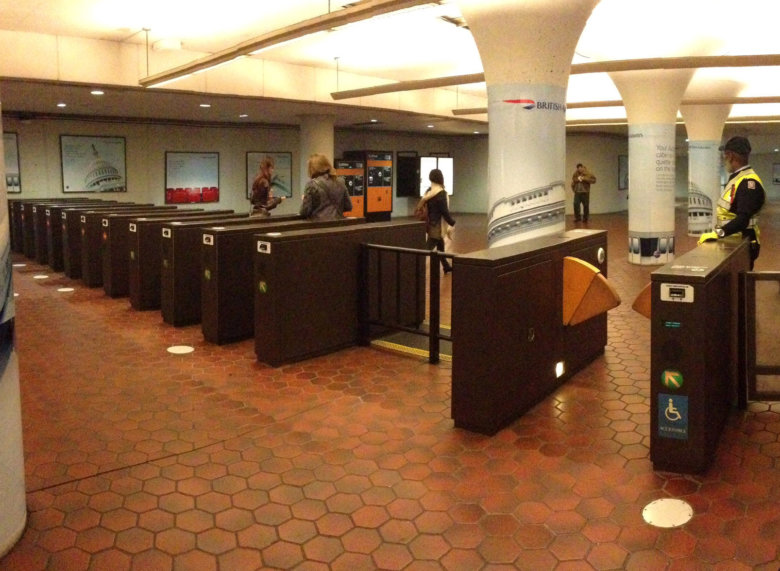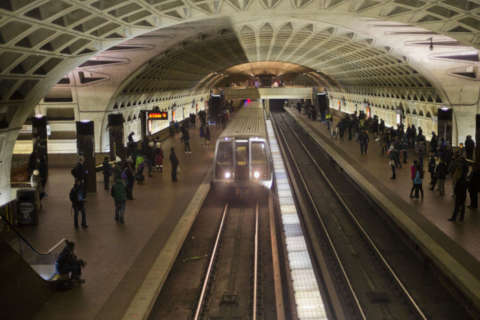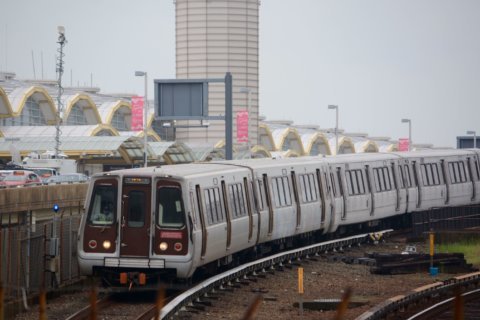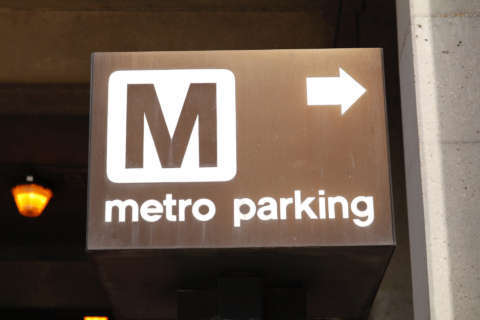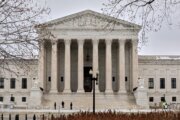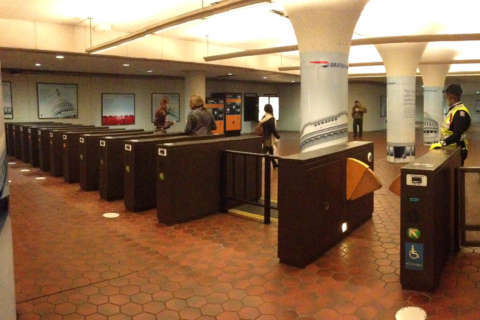
WASHINGTON — Metrorail riders may see targeted fare increases at certain times next year, but will not face across-the-board fare hikes, a series of votes Thursday by the Metro Board assured.
Metro will now charge riders more to ride on weekends or holidays when there are large regional events such as July 4, and also charge riders to park on those days. Other parking fee changes were also approved Thursday, including a change to require riders tap a SmarTrip card that was just used to ride the rail system to leave a parking lot for free on weekends.
Amid a flurry of discussions largely behind closed doors, the board also added a proposal to the next budget that would charge riders peak fares for 30 more minutes each morning and 90 more minutes each afternoon — 5 a.m. to 10 a.m. and 3 p.m. to 8:30 p.m. — if the agency decides to also extend rush-hour rail schedules by the same amount of time. Today, peak fares are charged to morning riders who enter by 9:30 a.m. and evening riders who enter between 3 and 7 p.m.
“It maintains the principle of ‘You provide peak service, you charge peak fares’,” Arlington County and Metro Board Member Christian Dorsey said.
The additional weekday service is one of several potential increases next summer, but Metro estimates it would cost $5.4 million on top of other expenses already accounted for in the budget. Other proposals, if the Metro Board can fund them, include $3.6 million to extend all Yellow Line trains to Greenbelt, $1.2 million to run more Red Line trains past Silver Spring to Glenmont, and $10.1 million to continue moving toward more 8-car trains.
The board rejected a proposal from Maryland’s Michael Goldman to consider across-the-board fare hikes next year to cover costs, partly due to concerns about fragile ridership numbers.
Goldman challenged both the idea of extending peak fare hours and the final action to charge more on weekends when Metro is running extra trains: “Let’s call a spade a spade here,” he said.
“There is another option: not to increase the peak service,” said outgoing Virginia Metro Board Member Jim Corcoran.
The budget is built around keeping Metro’s current reduced hours. The board put off any vote on those hours until at least next month after the District asked Metro to consider whether alternative shutdowns or hours could still allow for critical maintenance. General Manager Paul Wiedefeld also told the board he is looking to companies such as Uber and Lyft to provide service later in the day in place of the rail system.
Plans for cheaper passes and discounted rail fares on weekends with normal track work remain in the budget proposal. The board will consider what to keep and what to drop for the year beginning July 1, 2019, after public input in January and February, but only those items approved Thursday are permitted to be considered.
“At peak fares or nonpeak fares, not one of these passengers is being asked to pay the full cost of what it requires to provide the service. Local taxpayers are subsidizing that ride at a peak fare or a nonpeak fare, and the responsible allocation of that subsidy is what we’re here for,” federal appointee Steve McMillin said.

